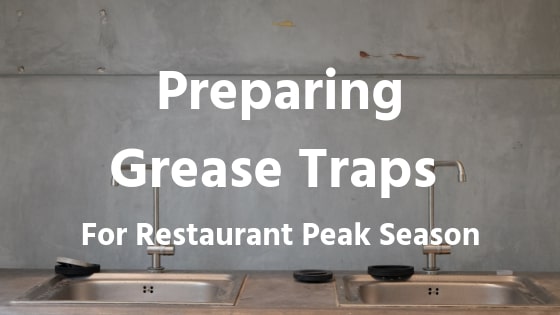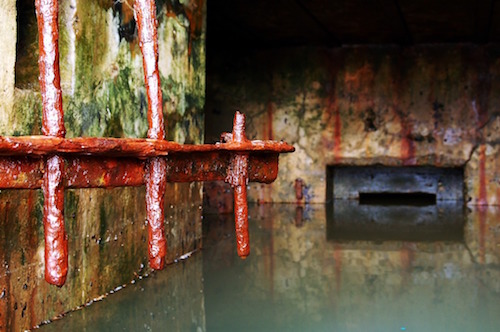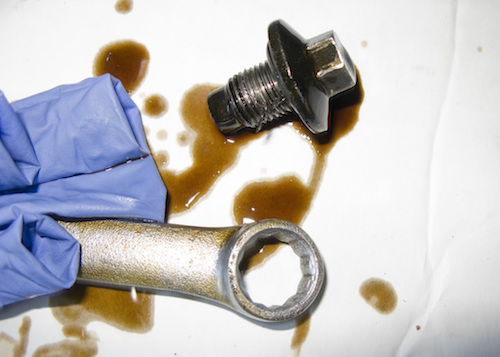
On specific days, like Christmas or Valentines Day, restaurants can see an unusual amount of traffic. Not to mention, people love going out to eat during the summer time.
As a restaurant owner, you must be adequately prepared for these busy times. Preparations for peak seasons include prepping the kitchen, staff and restaurant appliances so it is all ready for the numerous customers.
Grease traps are common in commercial restaurants. They prevent grease and other solid waste from getting into the wastewater disposal system. Restaurant grease traps undergo wear and tear when used on a daily basis and are also prone to clogging. Many people tend to overlook cleaning of grease traps which is critical to having an efficient, clean and healthy kitchen. Additionally, there are several environmental and safety concerns that need to be considered.
Grease trap maintenance is an important step. Various states have their own guidelines concerning maintenance schedules. For instance, some states require restaurants to clean their grease traps quarterly while others twice per year. Lack of proper maintenance can lead to a grease trap malfunction which is dangerous and compromises the environment. Heavy fines are often imposed on restaurants that fail to follow local state laws on grease trap maintenance.
You can prepare your grease traps and interceptors in the following ways in anticipation for the increasing restaurant traffic.
1. Invest in Grease Trap Cleaning
Cleaning your grease trap is an important task. Especially before the busy season sets in. Since there is no set timeline for how often grease traps should be cleaned, having a routine cleaning schedule is the best way to go about it.
Even though there are state guidelines on how frequently this should be done, you can also take a personal initiative to have your grease traps cleaned. The aim is to remove excess amounts of grease, fat, and oil from the drain, ensure any food or solid remains are removed from the system and check for signs of clogs and any odor. When cleaning your grease traps, make sure it is done by a professional or trusted company for the best results.
2. Adhere to the Best Practices
Cleaning is made much easier if you train your employees on the best practices of maintaining grease traps. This should involve having them understand what should and shouldn't be disposed into the drain. One of the main reasons for clogged grease traps is the lack of staff training. It often causes them to make mistakes.
Many people think industrial dishwashers can accommodate anything, so cleanliness is not always followed. This leads to an accumulation of fats, oils, and grease left on restaurant utensils. Ensure your staff knows what items should be washed well to avoid grease finding its way into the dishwasher.
Mops and mop bucket wastewater can also trap grease. Water gets poured down the drains that aren’t linked to a grease trap. Teaching your staff will help your restaurant preparation, that way your grease traps will always be in good condition.

3. Be Prepared for Emergencies
A grease trap can suddenly malfunction during the peak season when your restaurant has a lot of guests. The best way to deal with emergencies is to be adequately prepared for them in the first place. Grease trap clogs are quite messy to deal with and in some cases can trigger serious problems that are expensive to repair.
A well cleaned and maintained grease trap lessens the chances of emergency breakdowns. Although this doesn't mean the system cannot break down. If you ever find yourself in this stressful situation, the first thing is to immediately call a professional. Compared to simple clogged plumbing systems, grease traps are more complicated and require the attention of an experienced professional.
4. Seek Grease Trap Services
Never try to fix a grease trap on your own; it’s dangerous and can expose the system to further damage. A quick way to check for any malfunction is to see whether they're any foreign objects that are responsible for the clogging. If these objects are visible, you can safely remove them. If you can't see anything, then something more serious has happened.
Do not pour any solvents into the trap, this can cause serious damage to the city lines leading to hefty fines from city authorities. Other things you should never do include inserting wires, pipes or hoses into the grease trap in an attempt to unclog it. Don’t heat the pipe with the aim of melting the solidified grease and sending it down the drain either.

Working with a professional throughout and requesting them to inspect your grease traps before the peak season will save you a lot of stress. Professionals do their work in accordance with state law regulations, so you won't find yourself on the other side of the law. Just remember, regular grease trap maintenance can help a lot!